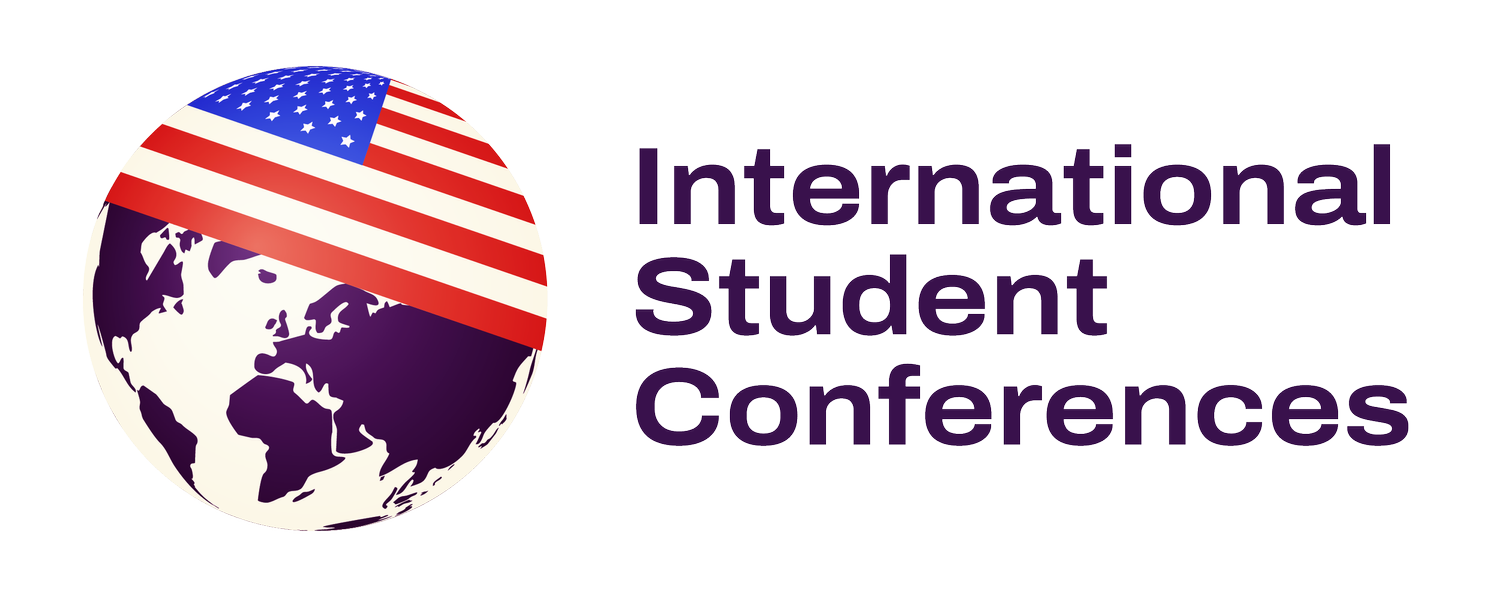KASC 15: Building Bridges Through Screens
July 11 – August 4, 2022. Virtual.
The 15th Korea-America Student Conference faced a challenge that had nothing to do with U.S.-ROK relations: how do you create meaningful people-to-people diplomacy when people can't actually be in the same room?
Fourteen students — 7 American, 7 Korean — spent 15 days on Zoom under the theme "Multifaceted Identities: Discovering Self Through Technology, Community, and Society to Create Sustainable Legacies." The Executive Committee, all former delegates from the hybrid 14th KASC, made the decision to go fully virtual rather than risk another pandemic disruption.
The Virtual Format: Constraints and Opportunities
Virtual programming created unexpected flexibility. Speakers from different time zones could join without traveling. Delegates received curated care packages at their doorsteps. Virtual house tours gave glimpses into each other's lives that in-person conferences rarely provide.
But limitations were real. RT discussions happened through screens. Cultural exchange meant watching cooking demonstrations instead of cooking together. The spontaneous late-night conversations that usually cement delegate friendships had to be scheduled.
The Society/Social Justice roundtable examined diaspora experiences — communities dispersed across the world, searching for identity in new homelands. Research on healthcare systems in the U.S. and Korea revealed fundamental differences: private versus universal coverage, innovation versus equity, individual choice versus collective responsibility.
The Nature/Environment roundtable investigated sustainability beyond climate change. Food insecurity. Fast fashion. Corporate influence on environmental policy. How consumerism and environmental journalism shape what people buy and how they think about planetary limits. They examined rising sea levels threatening New York and Korean provinces, already experiencing annual floods.
The History roundtable asked whether history is simply names and dates or a continuous dialogue shaping present ideology. They researched Asian American and Pacific Islander representation in Hollywood — from Anna May Wong facing early discrimination to Netflix's Squid Game creating cultural exchange opportunities.
Professional Development at Distance
The Delegation participated in a CliftonStrengths workshop, identifying personal talents for collaborative work. The Immigrant History Initiative conducted an interactive workshop on Asian-American history and activism, leading to an open discussion of the Stop AAPI Hate movement during COVID-19.
Speakers included Vincent Flores from EducationUSA, Andrew Yeo from Brookings Institution, Korean-American artist SoHyun Bae, cognitive psychology professor Lisa Son, Dr. Kongdan "Katy" Oh from the Council on Foreign Relations, and Keith Luse from the National Committee on North Korea.
Chef Jamesy World provided a live cooking demonstration. Delegates watched The Last Princess for movie night. A Sogang University Orchestra performance opened the conference. These cultural elements attempted to replicate what usually happens naturally when delegates share meals and travel together.
The Final Forum
Each roundtable presented research to KASC supporters, alumni, and distinguished guests:
Society/Social Justice analyzed U.S. and Korean healthcare systems, encouraging examination of how each nation might learn from the other to promote innovative, equitable policy.
Nature/Environment addressed pressing climate issues, reviewing emerging environmental policies in both nations, and proposing collaborative sustainable solutions.
History examined AAPI representation in Hollywood, from early discrimination to recent progress through international media like Squid Game and Parasite.
What Actually Happened
Exit surveys showed 75% of respondents felt KASC met or exceeded expectations. 100% said they would recommend the program. 100% felt they made lifelong friendships and would stay in touch beyond the conference. 100% agreed that KASC improved cross-cultural communication abilities and positively impacted public speaking and collaboration skills.
Those statistics matter because they demonstrate that meaningful exchange can happen virtually. But delegate testimonials reveal what numbers don't capture.
One delegate thanked KASC for providing "a healing space for growth and reflection after a busy school semester." Another noted this was their "first time speaking with US/ROK citizens" — the virtual format created access for students who might not have participated in person.
A Korean delegate appreciated working on a team project with Americans, learning "how I could communicate with them and where I could gather information." An American delegate valued building confidence in discussions and Q&A sessions, learning presentation skills from speakers.
What Virtual Taught Us
The 15th KASC proved that people-to-people diplomacy can function virtually. Delegates from 12 universities, 6 U.S. states, and 2 Korean provinces participated, who might not have managed three weeks away from home. Speakers joined from multiple time zones. Programming happened despite ongoing pandemic uncertainty.
But the experience also clarified what virtual cannot replace. The spontaneous conversations. The exhaustion of navigating unfamiliar cities together. The moments when cultural difference becomes visceral rather than intellectual. The friendships formed through shared struggle, not just scheduled interaction.
The Executive Committee planned KASC 15, knowing its limitations. They maximized what virtual allows while recognizing what it cannot provide. They created space for delegates to explore multifaceted identities through whatever means available — care packages, cooking demos, virtual tours, and curated cultural programming.
Fourteen students formed genuine connections across an ocean and through screens. They conducted serious research. They challenged assumptions. They built foundations for the 16th KASC to return in person.
That's what adapting looks like: doing the best possible under constraints while planning for when constraints lift.
Interested in joining the next Korea-America Student Conference? Click here to learn more and apply.

